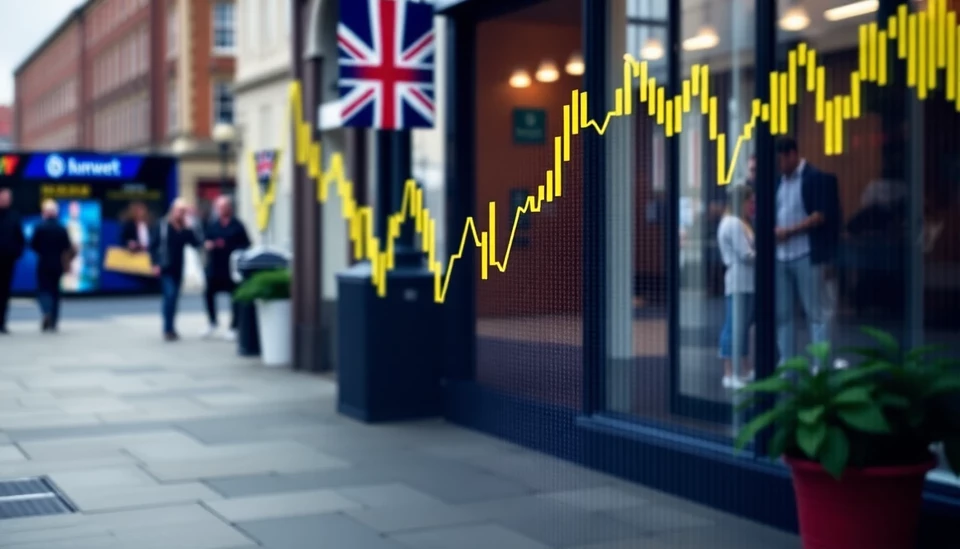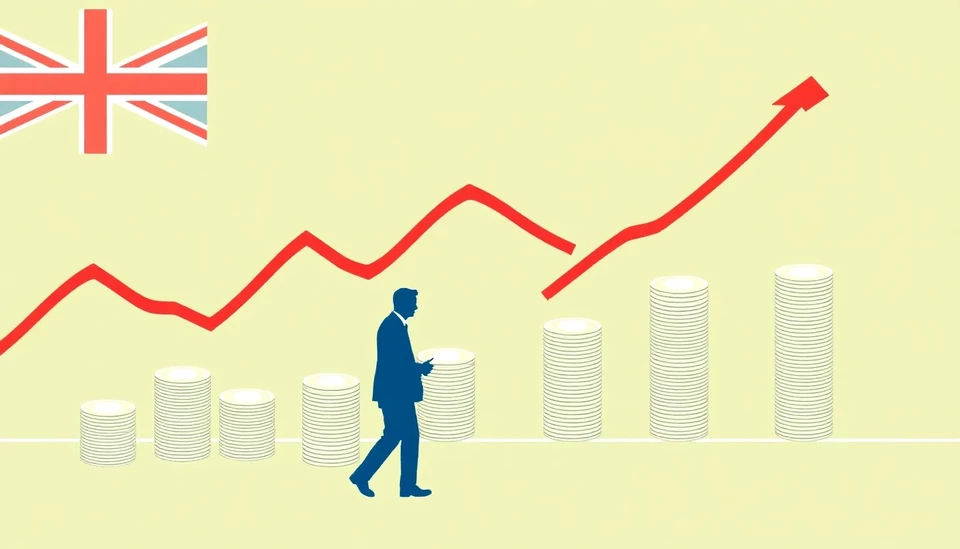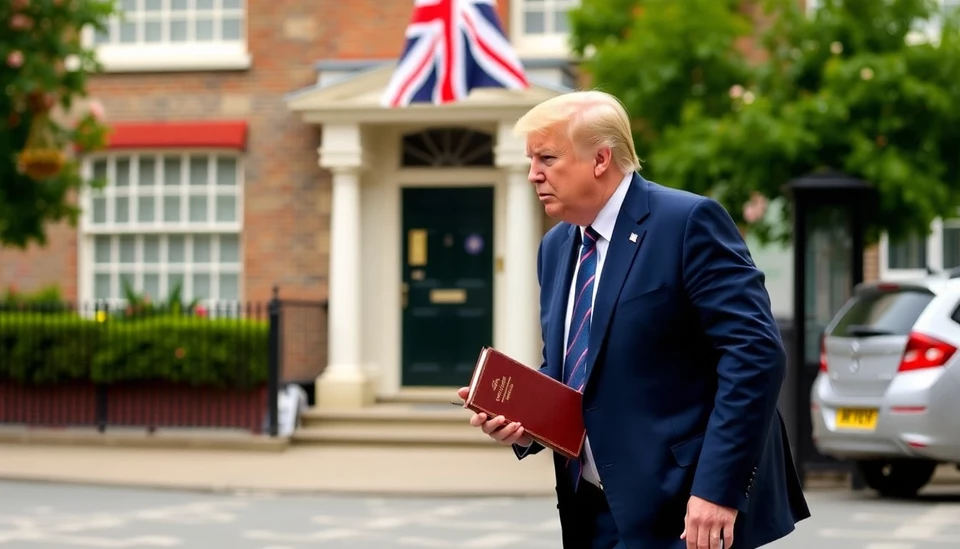
The UK economy has reported a sharper-than-anticipated slowdown during the third quarter of 2024, raising concerns among analysts and policymakers. Official statistics unveiled a notable contraction, revealing that the nation’s GDP shrank by 0.4%, contrary to earlier forecasts that predicted modest growth. This unexpected downturn has led to serious discussions regarding the implications for future economic policy and the overall health of the economy.
A key driver of this decline has been identified as a significant drop in consumer spending, which fell by approximately 1.2% during this period. Experts attribute this decrease to rising inflation and escalating interest rates, which have squeezed household budgets and hampered discretionary spending. The Bank of England's aggressive policy stance to combat inflation, including multiple interest rate increases, appears to have had an adverse effect on consumer confidence and spending behavior.
Moreover, the services sector, traditionally a backbone of the UK economy, has not been immune to these pressures. It recorded a contraction of around 0.3%, with industries such as hospitality and retail particularly hard-hit by diminished consumer demand. The manufacturing sector also struggled, showing signs of stagnation, as global supply chain issues continue to linger, further complicating recovery efforts.
This economic slow down is compounded by external factors, including geopolitical tensions and ongoing energy concerns that have resulted from conflicts abroad. These dynamics have created an environment of uncertainty, hampering business investments and further contributing to the bleak economic outlook.
In light of these developments, economists are urging the Bank of England to reconsider its current trajectory on interest rates. While the critical objective of containing inflation remains paramount, it is becoming increasingly clear that higher rates may be stunting economic growth. Analysts speculate that any further rate hikes could exacerbate the current challenges, pushing the economy toward a deeper recession.
The implications of this economic slowdown extend beyond just immediate financial metrics. It could shape the political landscape as citizens grow increasingly frustrated with economic conditions. As the cost-of-living crisis persists, calls for government interventions focused on providing relief to struggling households are anticipated to escalate in the coming months.
As Britain approaches the end of 2024, the focus will now shift to how policymakers respond to these critical challenges. There is a growing demand for coordinated efforts to stimulate economic growth while still managing inflation effectively. Observers point out that strategic investments in infrastructure, technology, and skills training could potentially bolster job creation and enhance economic resilience moving forward.
This month's data release has sparked debates about the long-term trajectory of the UK economy, with many experts urging a cautious but proactive approach to ensure stability and recovery in the face of daunting challenges.
#UKeconomy #EconomicSlowdown #GDP #BankofEngland #ConsumerSpending #InterestRates #Inflation #Q32024 #EconomicPolicy
Author: Rachel Greene




